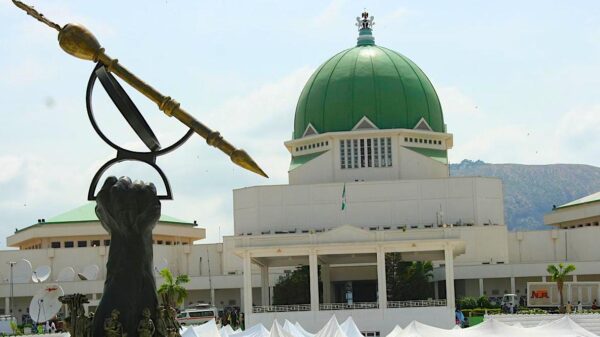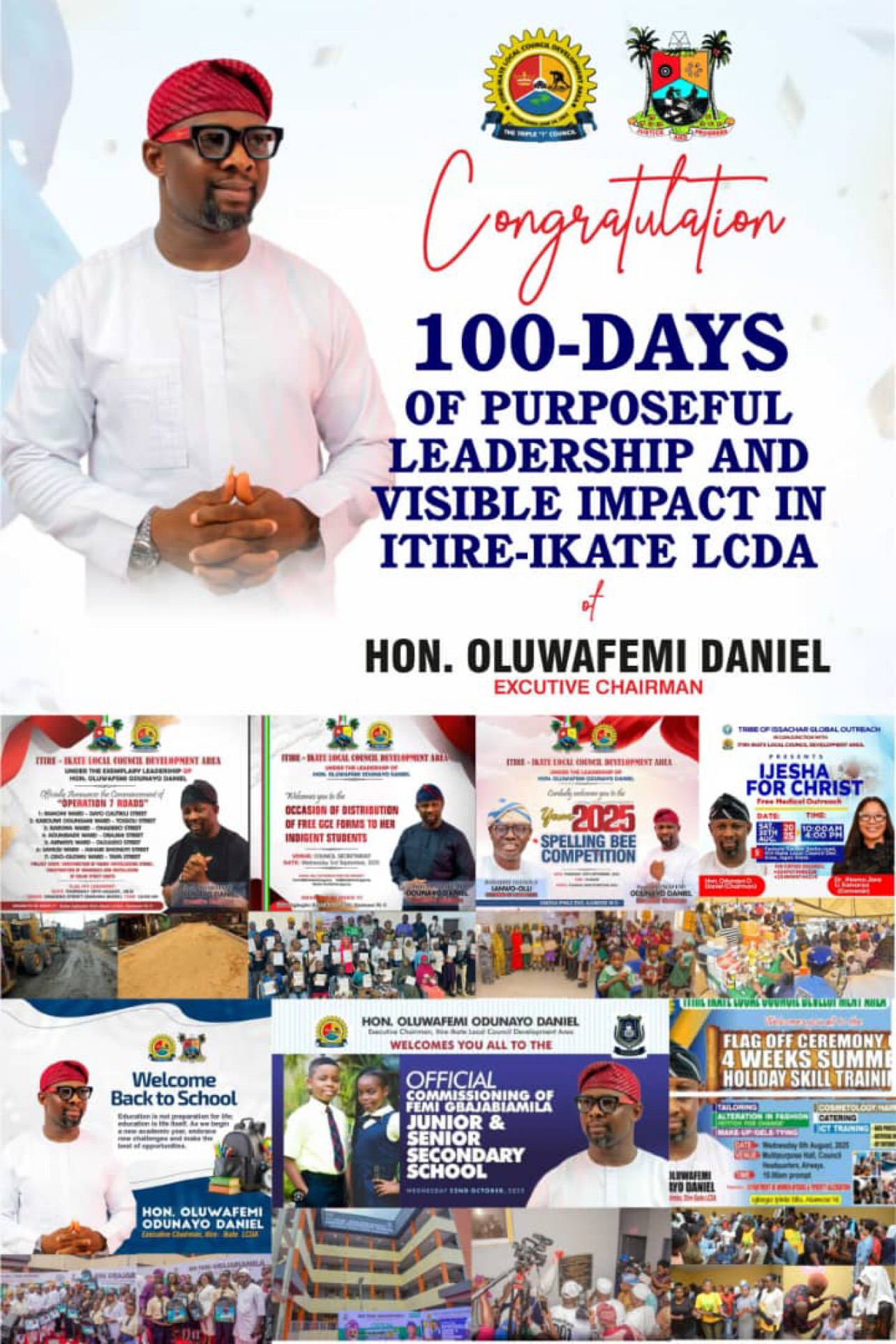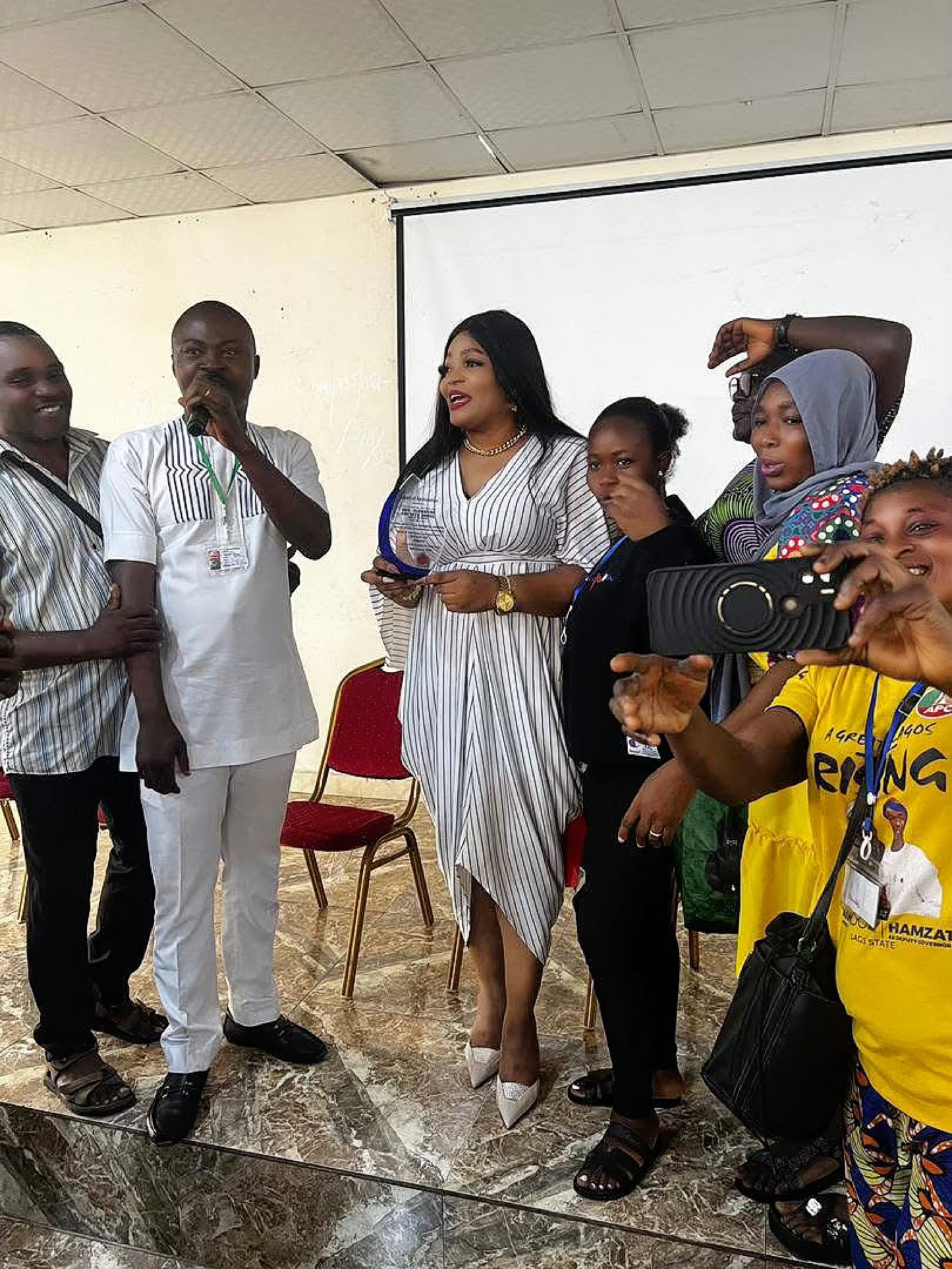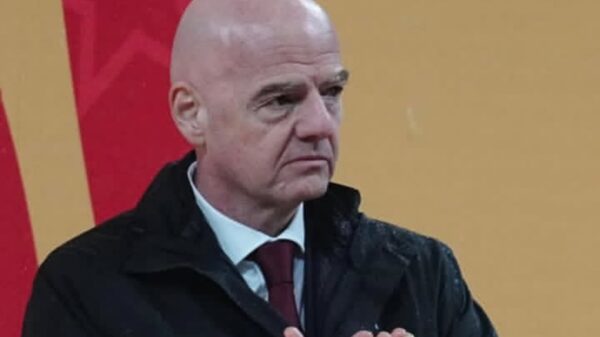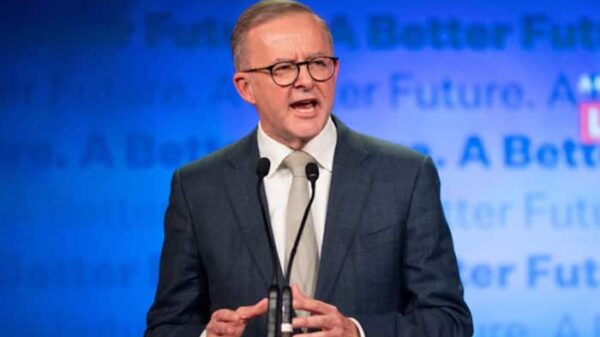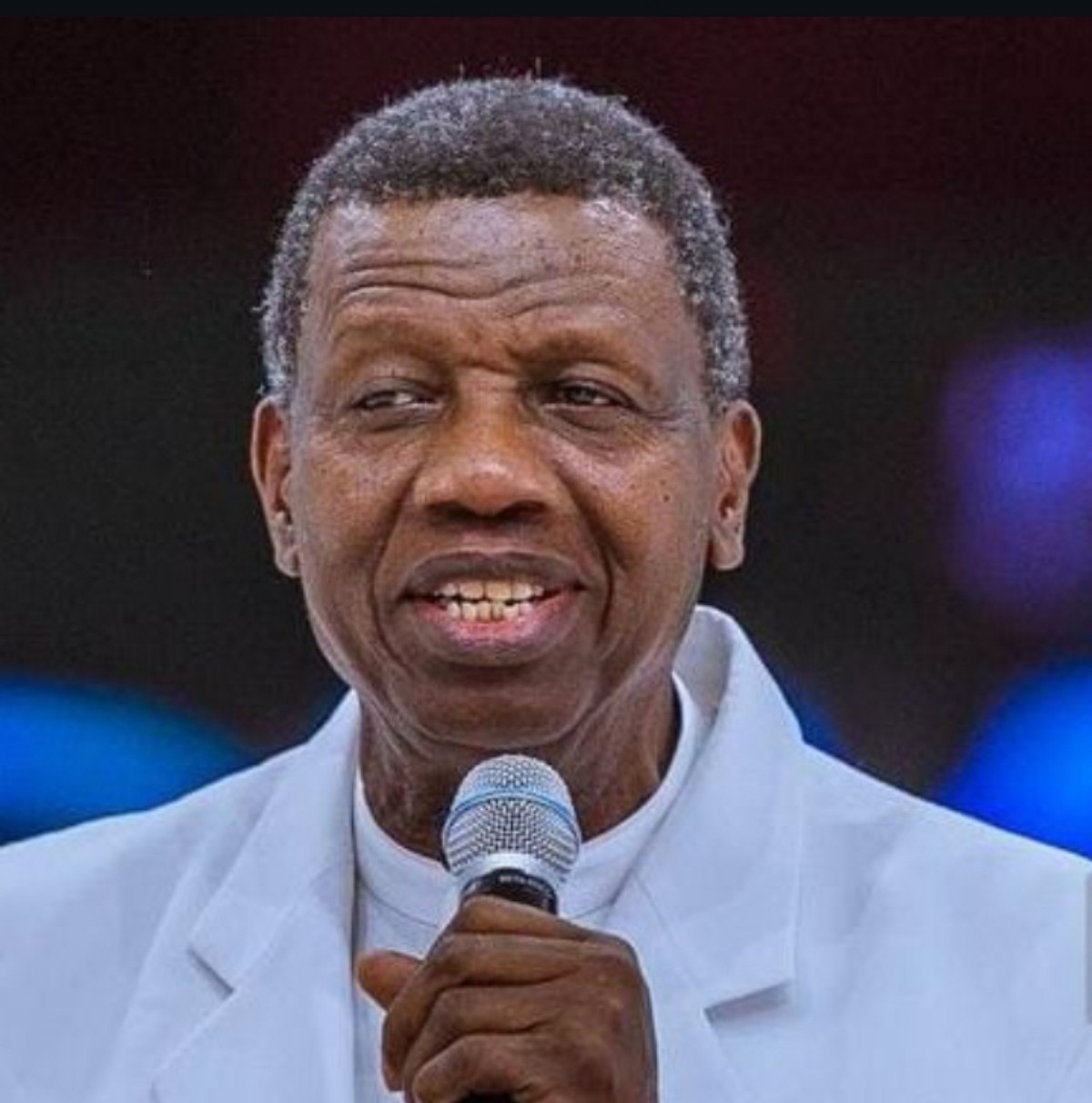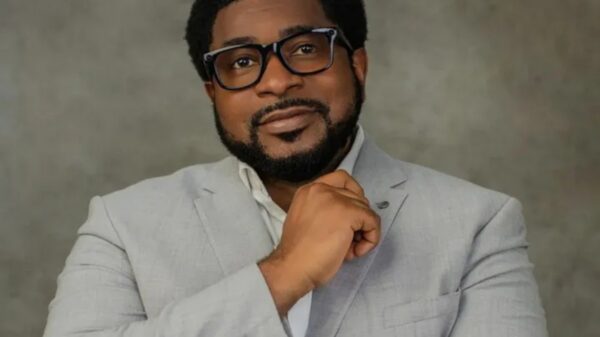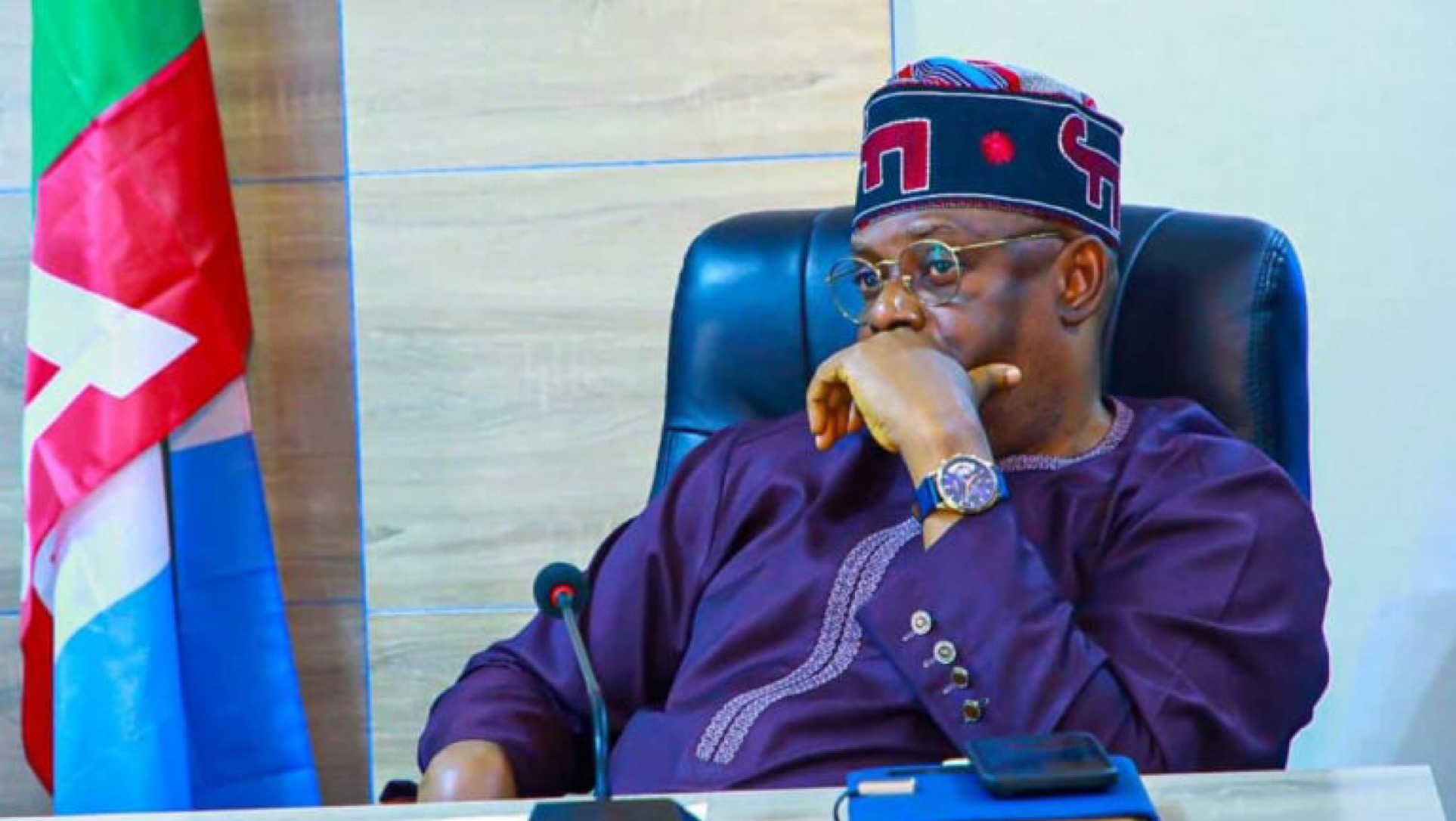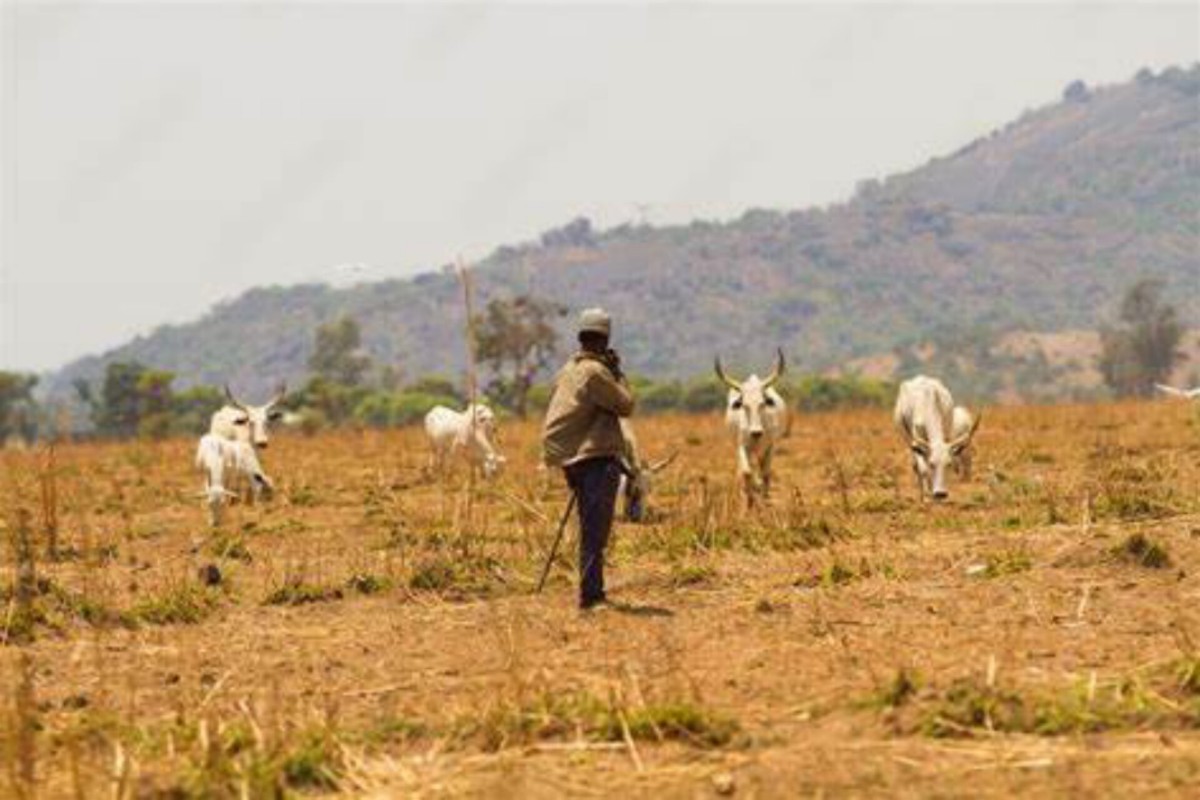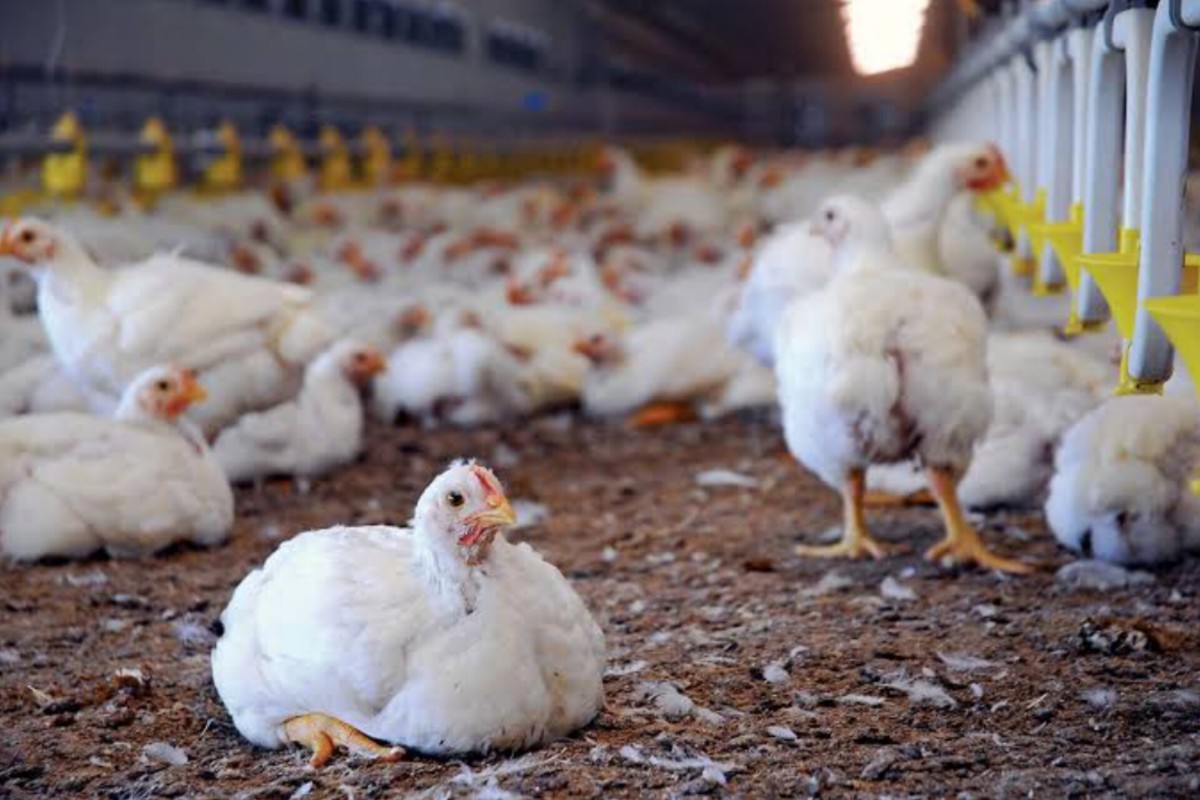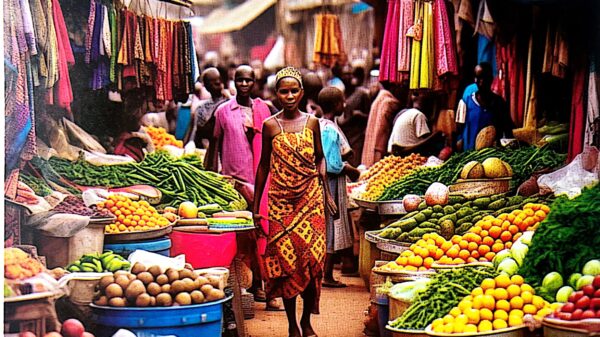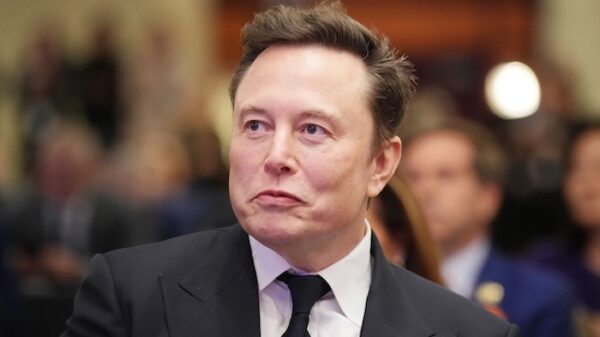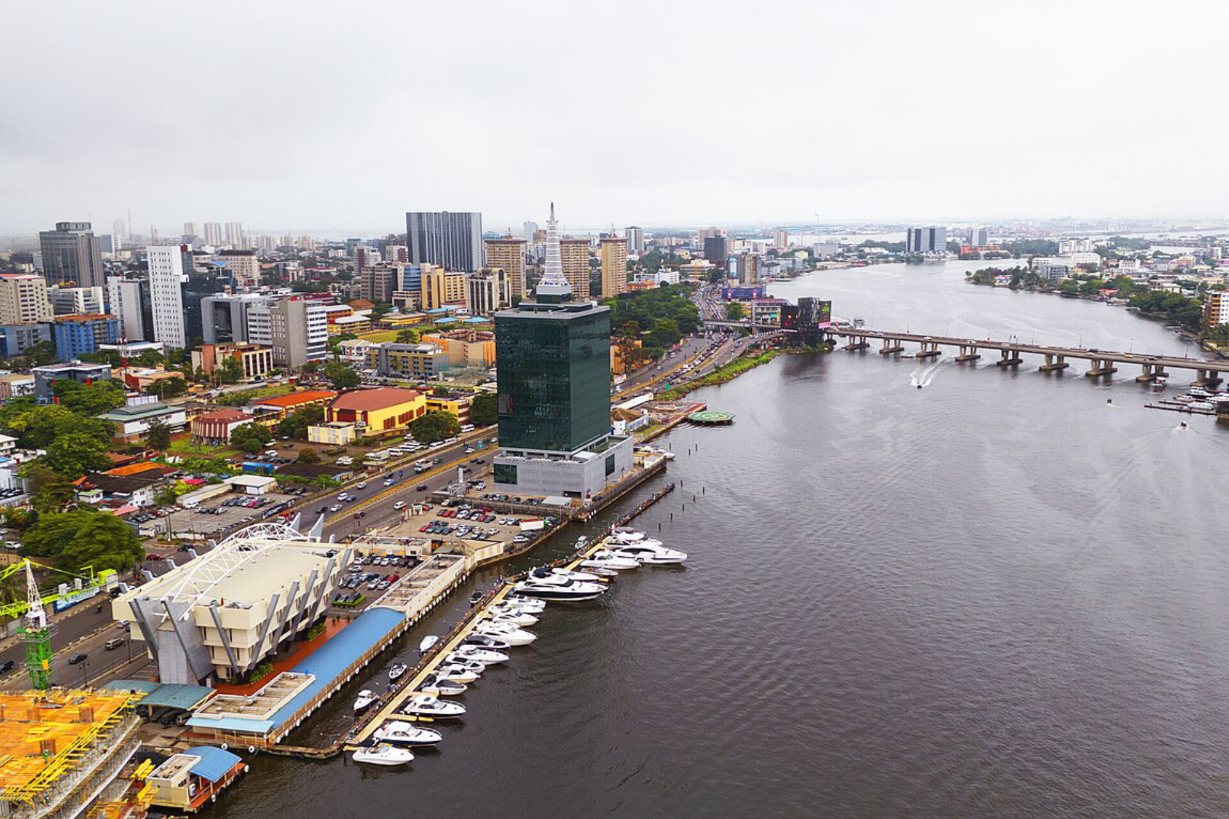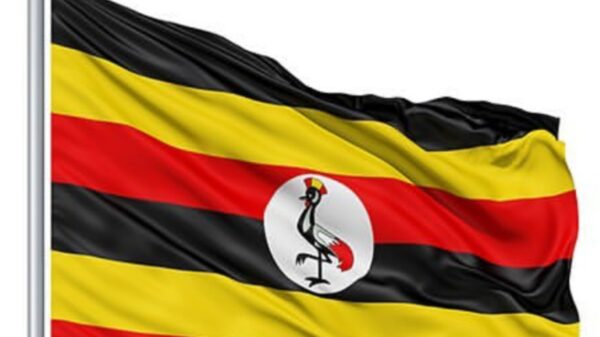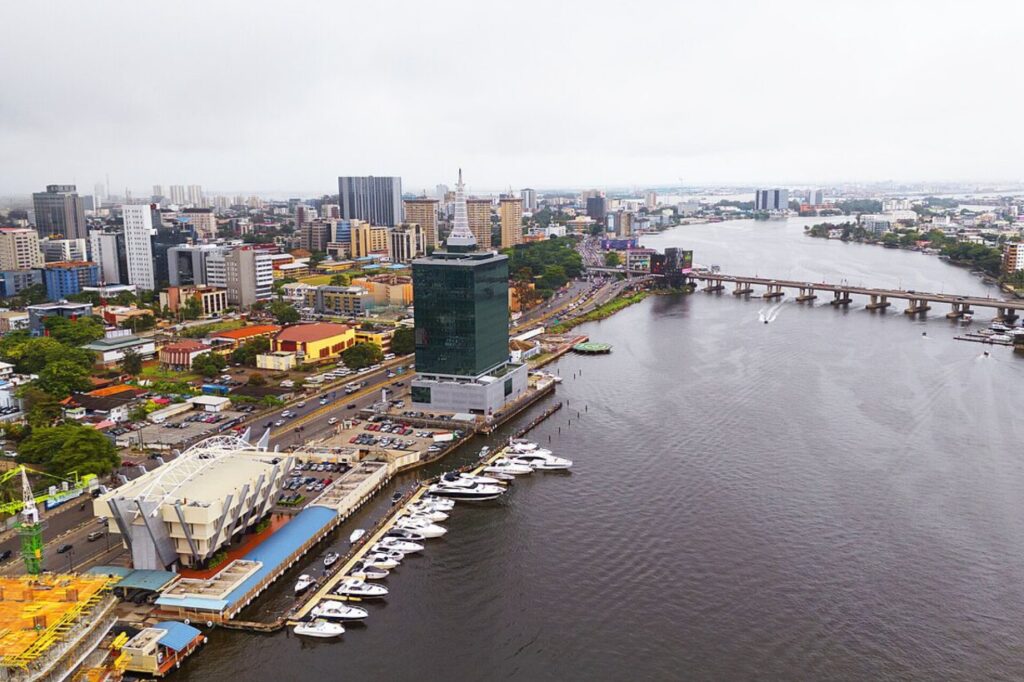
Nigeria’s gross domestic product (GDP) on a per-person basis declined by 66 percent during 2024, forcing more than 65 million individuals into poverty, as detailed in a recent analysis from Quartus Economics.
The analysis, named “Forty Years of Structural Adjustment: Is Africa’s Eagle Stuck or Soaring Back to Life?”, investigated Nigeria’s economic path from the launch of the Structural Adjustment Programme (SAP) in 1986 onward, which was a strategy designed to lessen state oversight and foster an economy driven by markets.
Quartus observed that although these changes supported GDP expansion from $87.5 billion in 1990 up to $252 billion in 2024, the broader economic framework “remained fragile,” alongside the naira shedding 99.7 percent of its worth over that identical timeframe.
The analysis pointed out that early liberalization efforts, privatization initiatives, and banking overhauls spurred private sector investments and manufacturing activities. That said, subsequent policy U-turns and poor execution undermined a significant portion of the advancements made.
“Policy inconsistencies and weak implementation led to a recurring cycle of mixed results and missed opportunities,” the analysis declared. “As a result, the goal of inclusive, export-led growth has remained elusive. Over time, the structural imbalance between population growth and productivity widened sharply.”
In 2024, Nigeria’s GDP per capita had decreased by two-thirds compared to its high point in 2014, aggravating poverty rates and revealing the economy’s susceptibility to shocks.
Quartus additionally described how, from 2014 through 2023, Nigeria underwent its most severe growth deceleration in decades, fueled by plummeting oil prices, demographic strains, tight fiscal and monetary measures, and shortcomings in governance. Inflation climbed beyond 30 percent, inflows of capital diminished, and a pattern of economic standstill endured.
Nevertheless, the analysis commended the reforms of 2023–2024, such as the elimination of subsidies on petrol and foreign exchange, viewing them as “decisive measures” that started addressing deep-seated distortions within the economy.
Even though these initiatives at first intensified inflationary pressures, Quartus indicated they aided in reestablishing fiscal balance and investor trust. Toward the end of 2024, GDP expansion recovered to almost 4 percent, sectors like manufacturing and mining displayed fresh vitality, and overall economic progress surpassed population increases once more.
As of October 2025, reserves in foreign currency had risen to $42 billion, with inflation starting to moderate a bit, indicating what the organization described as “a slow but genuine restoration of confidence.”
In spite of such positive developments, Quartus cautioned that “the scars of Nigeria’s lost decade linger.” Income levels per capita are still well under those from before the crisis, while the nation’s export foundations and administrative frameworks keep displaying profound shortcomings.
The organization wrapped up by asserting that to maintain its rebound and genuinely “soar,” Nigeria needs to advance past mere temporary fixes into profound structural overhaul, emphasizing productivity, creativity, and sound governance practices.
“At the moment, Nigeria, the African eagle, is unstuck, yet it has not started to soar,” Quartus said. “The recovery is real, but lasting transformation will depend on discipline, continuity, and collective commitment to reform.”
A Gentle Reminder: Every obstacle is a stepping stone, every morning; a chance to go again, and those little steps take you closer to your dream.
Nnamdi Okoli










